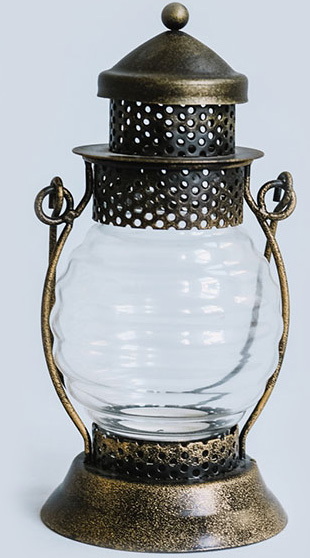September 2021
Everything
Old
Let’s make a deal: Haggling part of antique culture
by Corbin Crable
You know the feeling – while browsing in your favorite antique store, you stumble across a vintage treasure you absolutely must have. You glance at the price tag – “I don’t want it that badly,” you tell yourself as you see a number that’s just a tad out of your budget. Picking it up, you silently wonder if the seller would take offers on the item.Well, don’t just stand there – take your treasure to the cash register and ask!
It’s a lesson many of us have learned the hard way. By nature, I’m a passive person – someone who doesn’t like making waves where sales are concerned.
And then, eight years ago, I traveled to India.
On the subcontinent, as it is in many other places across the globe, haggling is a way of life. It’s an art that at first seemed intimidating but, after much practice, became second nature. I would approach a shopkeeper and inquire about the price of a small Taj Mahal statuette. The shopkeeper would name his price, and I’d wince, lightly shake my head, and respond, “That’s. a bit too much.” I’d continue browsing his wares and find a piece of jewelry. Holding it up to admire it, the shopkeeper would pounce, blurting out the price.
“I’ll take the statuette for your original price if you include this bracelet,” I’d learned to quickly respond.
Begrudgingly, the shopkeeper would agree. That’s all. Simple as that.
Here in the states, of course, you’ll be laughed out of any big-box department store if you attempted to execute such a tactic. But it’s worth keeping in mind that when it comes to flea markets, antique stores, and the like, a lower offer might be the only thing keeping you from the special piece you found that you simply cannot live without.
Who knows? Many stores have those items that have been collecting dust for years. To you, however, it’s the find of a lifetime. I’m sure the seller has just been waiting for a shopper like you to come along and snatch up the piece and would be more than happy to accept your offer.

Be aware, however, that sellers have done their proverbial homework on the items they sell, and as a buyer, you should do your own research, too. Just as a seller would know how much their items are worth, so too should you have an educated guess as to how much you might be able to request and still be taken seriously (this is, of course, where arming yourself with price guides will benefit you greatly). Don’t lowball the seller – give him or her an offer that is fair, something you would consider to be a good starting point.
To veteran shoppers, this is all just basic knowledge you learn in Antiquing 101. But often, it’s sound advice to advocate for a deal you believe will strike the ideal balance between fair to the seller and getting a good bargain for yourself. Consider this your annual reminder, then.
Happy haggling!

